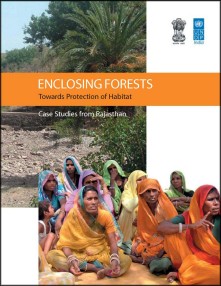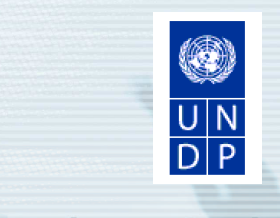UNDP works in some 170 countries and territories, helping to achieve the eradication of poverty, and the reduction of inequalities and exclusion. We help countries to develop policies, leadership skills, partnering abilities, institutional capabilities and build resilience in order to sustain development results.
Inclusive growth, better services, environmental sustainability, good governance, and security are fundamental to development progress. We offer our expertise in development thinking and practice, and our decades of experience at country level, to support countries to meet their development aspirations and to bring the voices of the world’s peoples into deliberations.
In 2016, UNDP is continuing its work to support the 2030 Agenda for Sustainable Development and the 17 new Sustainable Development Goals (SDGs), or Global Goals, as they help shape global sustainable development for the next 15 years.
UNDP focuses on helping countries build and share solutions in three main areas:
In all our activities, we encourage the protection of human rights and the empowerment of women, minorities and the poorest and most vulnerable.
Members:
Resources
Displaying 146 - 150 of 359
Equator Initiative Case Studies. Namibia. N≠a Jaqna Conservancy
Association) (Afrikaans)
Local and indigenous communities across the world are advancing innovative sustainable development solutions that work for people and for nature. Few publications or case studies tell the full story of how such initiatives evolve, the breadth of their impacts, or how they change over time. Fewer still have undertaken to tell these stories with community practitioners themselves guiding the narrative. The Equator Initiative aims to fill that gap.
Equator Initiative Case Studies. Brazil. Associação Sociocultural Yawanawá (ASCYAWANAWA, Sociocultural Association of Yawanawá) (English)
Local and indigenous communities across the world are advancing innovative sustainable development solutions that work for people and for nature. Few publications or case studies tell the full story of how such initiatives evolve, the breadth of their impacts, or how they change over time. Fewer still have undertaken to tell these stories with community practitioners themselves guiding the narrative. The Equator Initiative aims to fill that gap.
Experiences, challenges and opportunitties: Collaboration for pro-poor land governance - United Nations and Civil Society organizations.
The document aims to help UN country teams, as well as other UN staff, intergovernmental organizations and CSOs to: Understand the issue of land governance, why it matters and why civil society needs to be involved; Understand why UN agencies need to work with CSOs to promote pro-poor land governance; and Identify the opportunities and entry points that exist for such UN-CSO collaboration.
Enclosing Forests Towards Protection of Habitat
This study analyses the approach of 'enclosing forests' implemented under the Project in Rajasthan which aimed at protecting and regenerating forests and securing long-term access of and benefits to local communities. Forest enclosures established in 13 villages of Udaipur and Baran districts and covering 1289 hectares of forest land represent a collaboration between local communities, the Forest
UNDP Land Policy Briefs call for more research to address knowledge gaps on gender relations in land practices
[via UNDP, 2008] These 4 Policy Briefs from UNDP show how increasing knowledge about gender relations and empowerment has highlighted the importance of access to and control over land within intra-household gender relations, and what this implies for broader concerns about empowerment of the poor. Moreover, significant knowledge gaps are also found in discussions on the link between land policies and cultural, territorial and gender empowerment issues.






